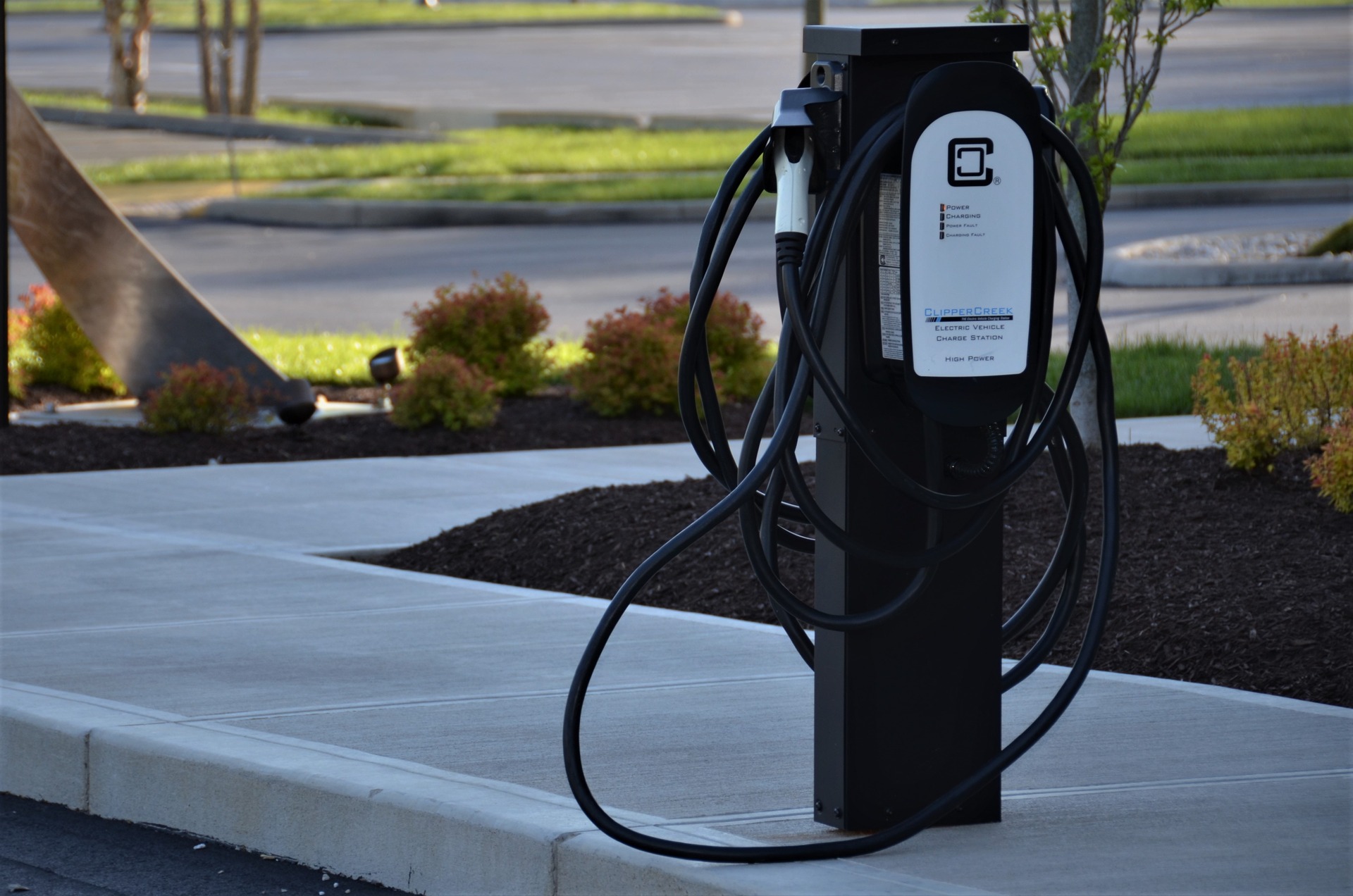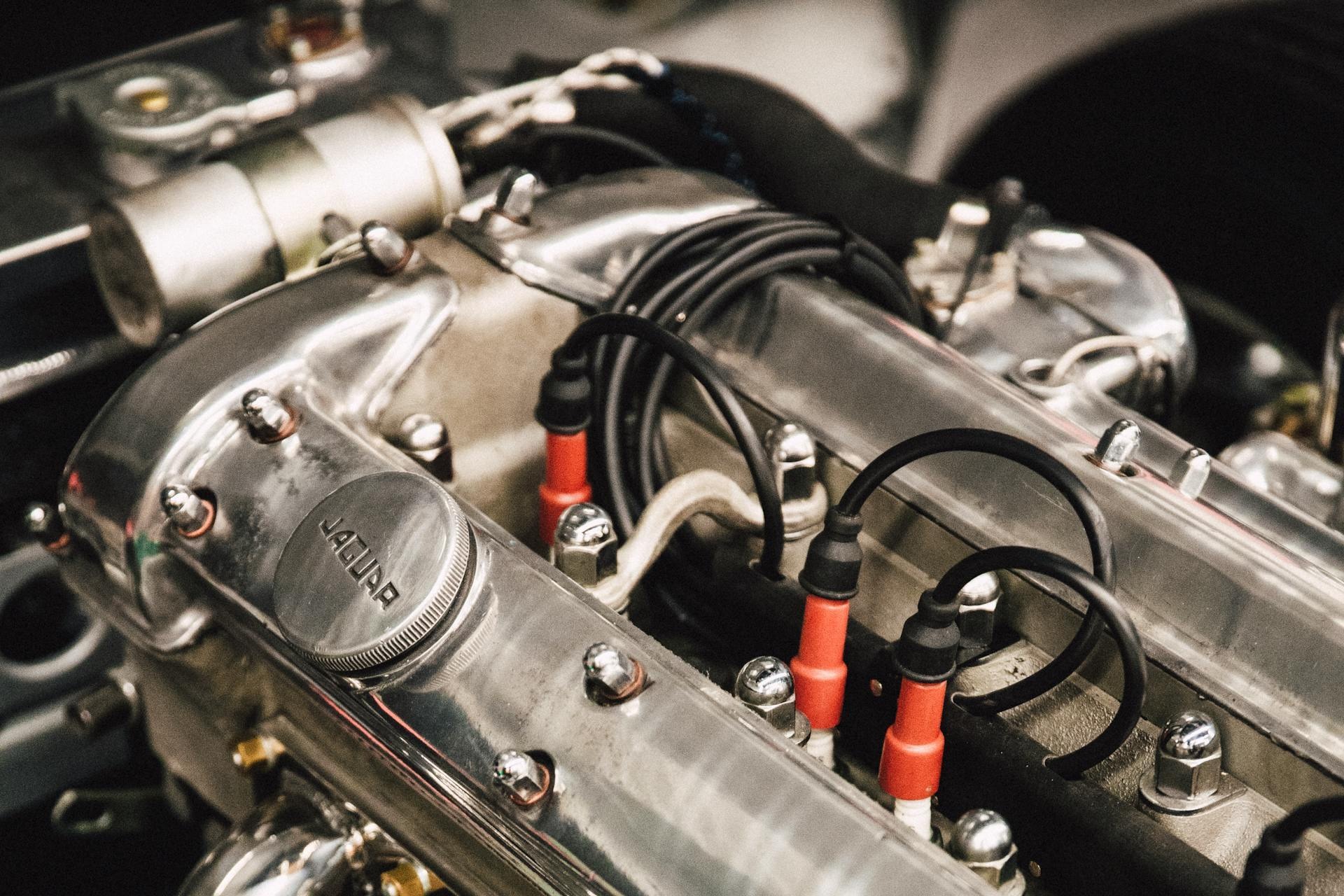Five Reasons You Can’t Have Electric Pickup Trucks
Jun 20, 2016

As an Amazon Associate, Modded gets commissions for purchases made through links in this post.
There are about 1.3 million electric vehicles (EVs) traversing Earth’s roads today. That number is nearly triple what it was not long ago in 2013, but despite the increasing number of electrified rides being sold, options for buyers haven’t really changed. Regular car money buys a homely hatchback — nice car money buys electric pickup trucks.
Electric Pickup Trucks On the Way
Yes, Elon Musk and his merry men are hard at work delivering the Model-X crossover to thirty thousand or so applicants unafraid of its controversial falcon doors, but there’s a major market segment being overlooked here: pickup trucks.
Since 2010, Americans have purchased about 400 thousand EVs. This is the same country where the Ford F-150 has been the best-selling vehicle on the road for 30 years. Nearly one in five new cars sold in the states is a pickup truck. So, why no plug-in pickup?
Well, Here’s Why
- Image: Right now, Chevrolet is running an ad campaign that pokes fun at Ford’s use of aluminum in the F-150, claiming steel is stronger. If aluminum is too much of a technological leap for hairy-chested pickup buyers to take, just imagine how they’ll react when you replace a pushrod V8 with the same powertrain found in a Prius. Bruh…
- Cost: The high-tech batteries used in electric vehicles are getting much cheaper to produce, but they still represent one of the car’s costliest components, and building a truck requires lots of them. For a pickup to compete, it needs to be available at a competitive price. Remember the Lincoln Blackwood? We thought not.
- Range: A good truck needs to be capable of a long journey. Currently, the best consumer EVs are achieving 250- to 300-mile range. That means a larger battery pack, but finding the space is not so easy, and the increase in weight affects efficiency. More advanced batteries and better charging infrastructure are the answer here.
- Off-Road Ability: A truck must be able to hit the trail, but sensitive battery packs mounted at the base of the truck represent a huge risk. Damage to your truck’s batteries could transform your eco-friendly pickup into an environmental hazard, or worse, a pile of molten metal.
- Heat: Just like their combustion engine cousins, EVs prefer to operate at reasonable temperatures and can fail if they get too hot. Compared to a road car, a pickup truck is less aerodynamic, heavier and expected to do more work — i.e., towing and hauling loads.
Conclusion
Because of their roles as work vehicles and typically larger engines, trucks pollute far more than cars. With huge emissions wins to be had from such a vehicle, don’t count the e-truck out yet.
Nikola motors claims to have 7,000 preorders for their electric big-rig, which plays in a different market than the pickup and isn’t limited by cost. GM’s Via division is working on a plug-in Silverado, and even Tesla has a “Model P” in the works — just don’t come looking for one tomorrow.
So, how do you feel about a hatchback?





